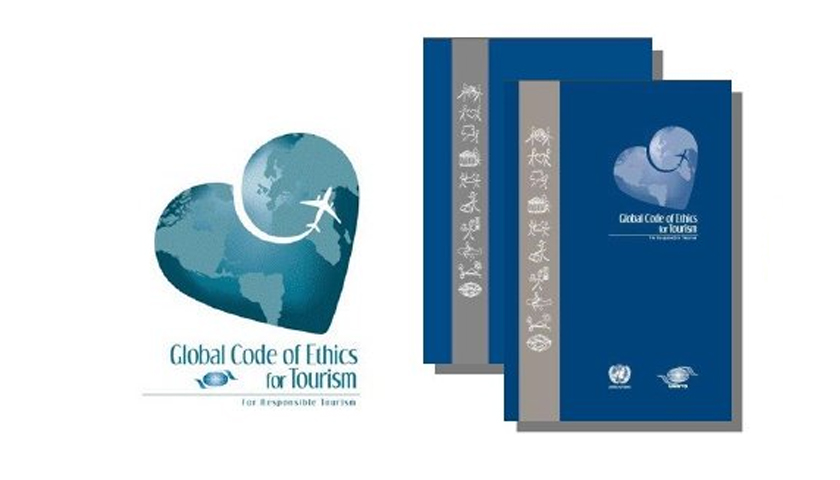The member States of the World Tourism Organization (UNWTO) approved today a historical document – the UNWTO Framework Convention on Tourism Ethics. The Convention, approved at the 22nd UNWTO General Assembly transforms the Code of Ethics for Tourism into an international convention, the first in the life of the Organization.
The Convention covers the responsibilities of all stakeholders in the development sustainable tourism, providing a framework that recommends an ethical and sustainable modus operandi, including the right to tourism, the freedom of movement for tourists and the rights of employees and professionals.
“In an interconnected world where the business volume of tourism equals or even surpasses that of oil exports, food products or automobiles, it is important to set out a legal framework to ensure that growth is dealt with responsibly and that it can be sustained over time. Tourism is a power that must be harnessed for the benefit of all,” said the Chairman of the World Committee on Tourism Ethics (WCTE), Pascal Lamy.
Appointed as Chairman of the WTCE in 2013, Pascal Lamy, together with his colleagues in the Committee, has been instrumental in the process of presenting the Convention on Tourism Ethics to the 22nd UNWTO General Assembly.
“This is a historical moment for UNWTO, said the Secretary-General”, Taleb Rifai. “The approval of the Convention is a strong legacy of the International Year of Sustainable Tourism for Development that we celebrate this year. It is also a strong sign that countries are committed to making tourism a force for a better future for all. It reinforces UNWTO institutional outreach in the UN system,” he added.
Adopted in 1999 by the General Assembly of the World Tourism Organization, its acknowledgement by the United Nations two years later expressly encouraged UNWTO to promote the effective follow-up of its provisions. Although not legally binding, the Code features a voluntary implementation mechanism through its recognition of the role of the World Committee on Tourism Ethics (WCTE), to which stakeholders may refer matters concerning the application and interpretation of the document.
The Code’s 10 principles amply cover the economic, social, cultural and environmental components of travel and tourism:
Article 1: Tourism’s contribution to mutual understanding and respect between peoples and societies
Article 2: Tourism as a vehicle for individual and collective fulfilment
Article 3: Tourism, a factor of sustainable development
Article 4: Tourism, a user of the cultural heritage of mankind and contributor to its enhancement
Article 5: Tourism, a beneficial activity for host countries and communities
Article 6: Obligations of stakeholders in tourism development
Article 7: Right to tourism
Article 8: Liberty of tourist movements
Article 9: Rights of the workers and entrepreneurs in the tourism industry
Article 10: Implementation of the principles of the Global Code of Ethics for Tourism
Links
https://ecoclub.com/headlines/reports/1101-170915-unwto
http://ethics.unwto.org/en/content/world-committee-tourism-ethics

